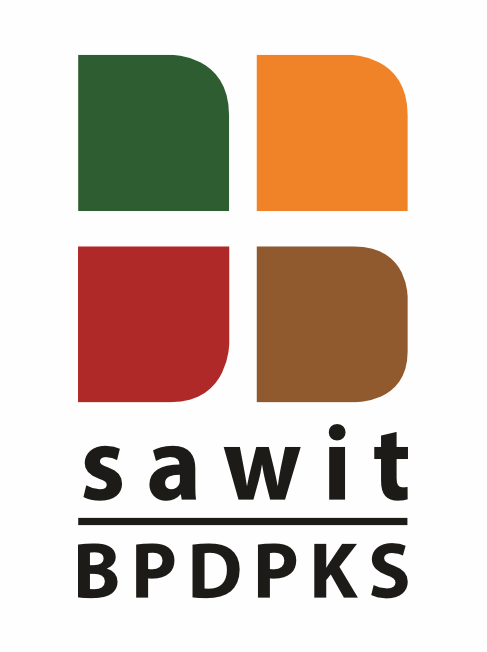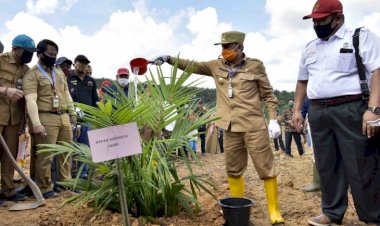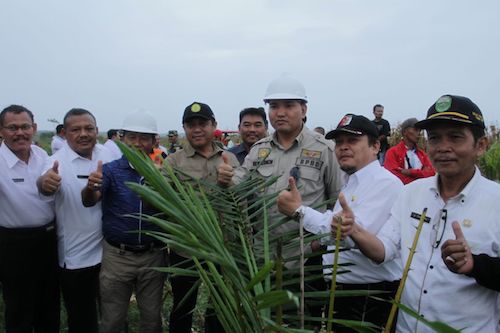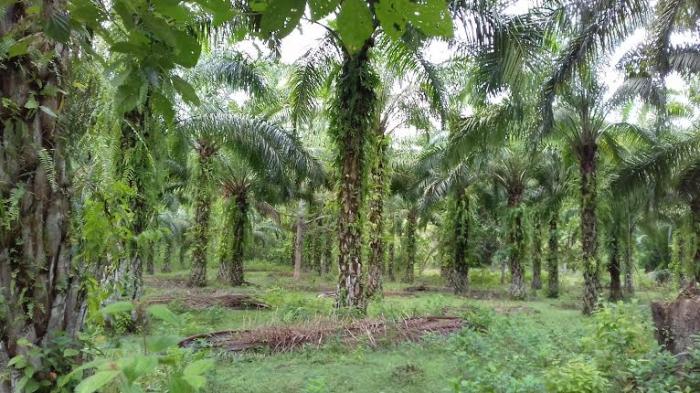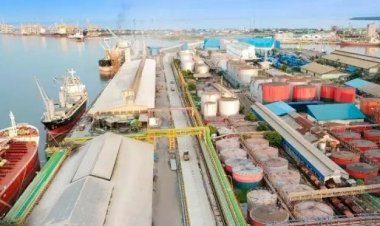Govt Continues to Temporarily Halt CPO Export Levy
Steering Committee of the Indonesia Oil Palm Plantation Fund Management Agency (BPDPKS) has decided to continue halting CPO export levy, though the current CPO price reference stands above threshold which allows government to collect the levy. Coordinating Minister for Economic Affairs Darmin Nasution explained that the trade ministry’s CPO reference price for March 2019 stand at US$ 595 per ton or above a threshold of US$ 570 per ton.
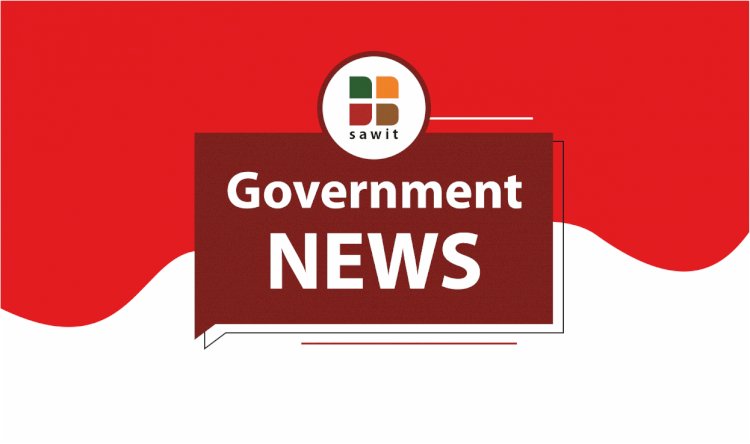
Steering Committee of the Indonesia Oil Palm Plantation Fund Management Agency (BPDPKS) has decided to continue halting CPO export levy, though the current CPO price reference stands above threshold which allows government to collect the levy. Coordinating Minister for Economic Affairs Darmin Nasution explained that the trade ministry’s CPO reference price for March 2019 stand at US$ 595 per ton or above a threshold of US$ 570 per ton. It allows BPDPKS to charge export levy again. However, it doesn’t reflect exact price condition as the price has decreased to US$ 545 per ton in the last few days. Under the previous rules for levies, BPDPKS will not collect levies on palm oil, CPO, and its derivatives export when CPO prices are below a threshold of US$570 per ton, but will charge between US$ 5, US$ 10, US$ 15, US$ 20, US$ 25 once CPO prices are in a range of US$570-US$619 per ton. The levy will rise to US$ 20, US$30, US$ 40, US$ 50 when prices hit above US$619 per ton. In response to these issues, the government has set out a plan to revise Finance Minister Regulation No 152/PMK.05/2018 concerning CPO export levy. Revision is deemed necessary to avoid inconsistencies in charging the export levy since it keeps changing every month guided by reference prince. “Export levies must be charged consistently for two or three-months period to create certainty for businesses, exporters, farmers, traders as well as for palm oil mills,” Darmin said as interviewed by Kontan.co.id after a meeting in his office, Thursday (28/2/2019). Darmin added that the revised Finance Minister Regulation would most likely concern on the two most important things. First, the possibility to increase threshold of the price reference. However, Darmin didn’t mention a new price that government and business had agreed. “We enact the regulation first, then we will come to it. We have to discuss the threshold tariff with Finance Minister Sri Mulyani.” Second, the period of export levy will also be subject to revision. It means export levy will not be charged based on the fluctuating price reference. “It maintains continuity in export levy as well as provides certainty for business.” (Source: Kontan)
